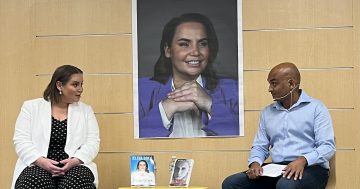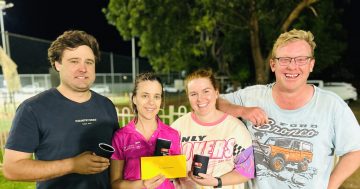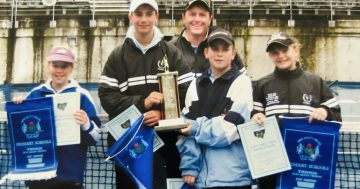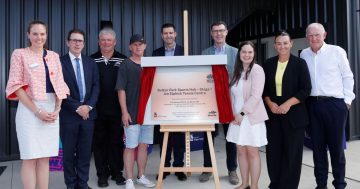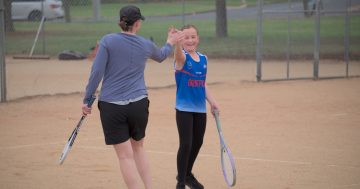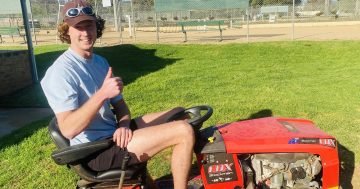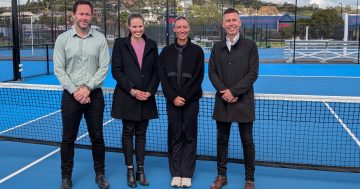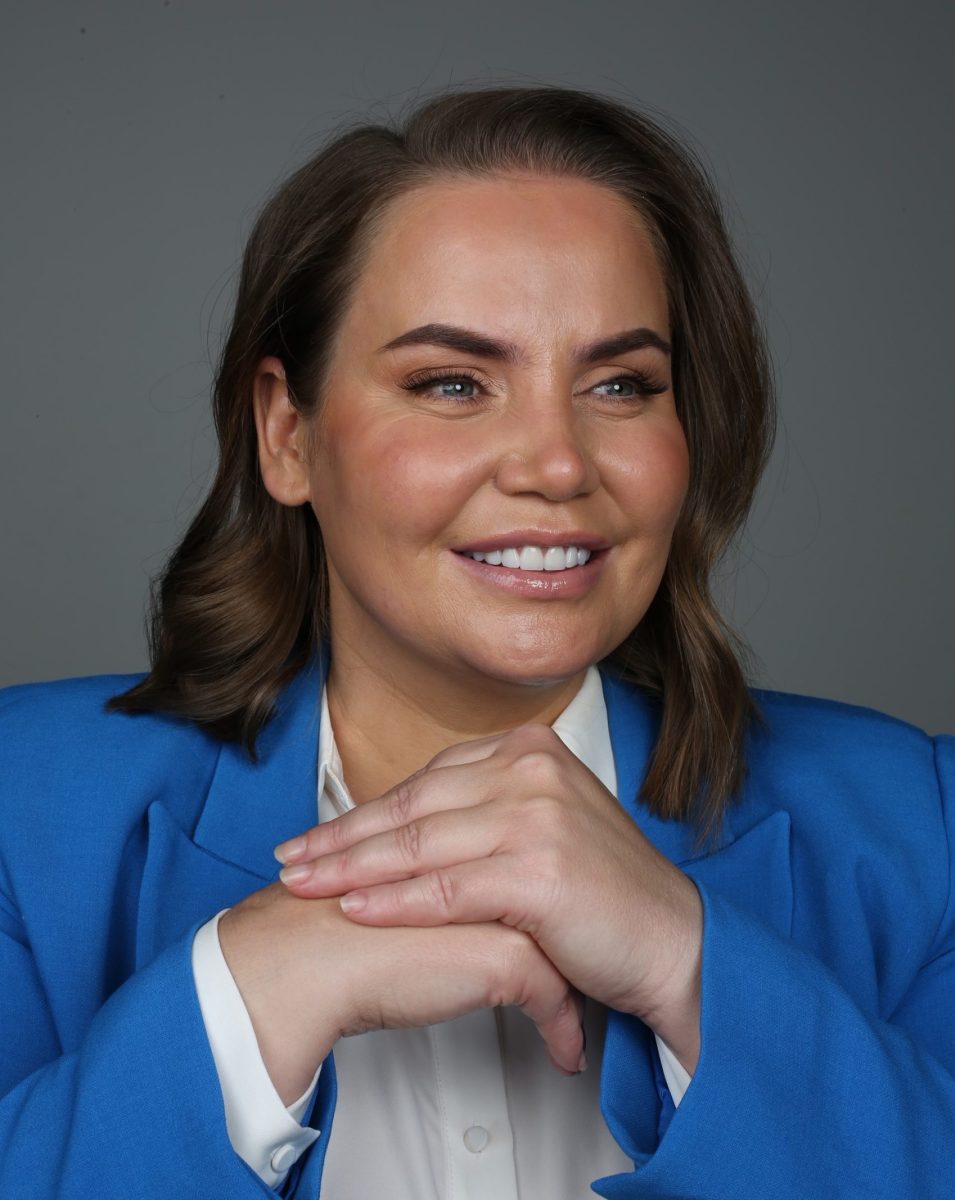
Jelena Dokic will visit Wagga and Griffith for the first time. Photo: Julian Klingma.
Perhaps the only thing more remarkable than making the semi-finals of Wimbledon as a 17-year-old is not being allowed to return to your own hotel room after the match.
“My father thought my performance wasn’t good enough, he didn’t let me come back home, so I had to sleep on the grounds of Wimbledon,” tennis icon Jelena Dokic told Region.
In December, Ms Dokic will visit Griffith and Wagga for the first time to share the story of her life journey from refugee to women’s tennis world No. 4 to TV commentator, all while overcoming unrelenting abuse and prejudice.
The 40-year-old will appear in conversation with me at Griffith City Library on 7 December and then at a literary lunch at the Wagga Country Club the following day. Both events were sold out within days of being announced.
Sharmaine Delgado, the library’s community engagement coordinator and a keen tennis player herself, organised the Griffith event. Alongside manager Chris Robson and other staff, she will arrange for bookshelves to be moved so that 350 people can fit in to listen to Ms Dokic speak, ask her questions and buy signed copies of her two bestselling books.
Six years ago, Ms Dokic shocked the world with her autobiography Unbreakable, which lifted the lid on the extent to which she suffered at the hands of her father Damir – including being beaten to unconsciousness and coerced out of her earnings.
She’s recently released her second publication, Fearless: Finding the Power to Thrive, a blueprint for how to overcome adversity.
“Fearless is very different from Unbreakable … this new book is about the journey beyond the trauma and adversity, the resilience and persistence it takes to continue healing and find happiness,” she said.
“Ultimately, I wanted it to be a book of hope and belief and to show there is light at the end of a tunnel.”
Ms Dokic was born in wartorn Yugoslavia in 1983 and emigrated to Australia in 1994 as a refugee, her family settling in a tiny, rundown apartment in western Sydney.
Pushed hard by her father, she excelled in a sport dominated by rich kids – by the age of 13, she was already beating much older teenagers at under-18 tournaments.
In 1999, she pulled off perhaps the biggest upset in tennis history when, as a 16-year-old qualifier, she thrashed world No. 1 Martina Hingis 6-2, 6-0 at Wimbledon.

Jelena Dokic at the US Open. Photo: Wikimedia Commons.
Her performances, though, were never good enough for Damir, who bashed her, called her names and constantly humiliated her in public with his drunken antics.
“It was really hard for me that nobody stopped for a second to ask, ‘Is everything OK that two kids are going home with this unstable, aggressive, drunk person?’ My father’s outbursts were treated like a joke and punchline when they were in fact something concerning,” she said.
Fearless is about the lessons we can all take from her growing up in an era when mental health wasn’t well understood and child abuse often wasn’t taken seriously.
“I provide quotes, mantras and takeaways … I would like people to be able to pick my book up and read it whenever they’re going through something difficult, to give them hope.”
The book also shows how Ms Dokic’s life challenges didn’t stop after she severed ties with Damir. Now a popular tennis commentator, she opens up about an adulthood in which she attempted suicide, was diagnosed with depression and body-shamed by social media trolls, and broke up with her long-time partner.
“I don’t want anyone to feel sorry for me, I want to use my story in a positive way to try and change the stigma about talking about issues we didn’t talk about 20 years ago. It’s about helping others. I want people to know that being vulnerable isn’t a weakness, it’s what we need to get through adversity.”
The tennis icon is excited about visiting Griffith and Wagga for the first time as she spreads her inspirational message across regional NSW and Victoria.
“I love to visit new places and see what the locals do. It’s something I didn’t have the chance to do when I was a tennis player. I want to at least make sure I go to a good restaurant in each place.”







